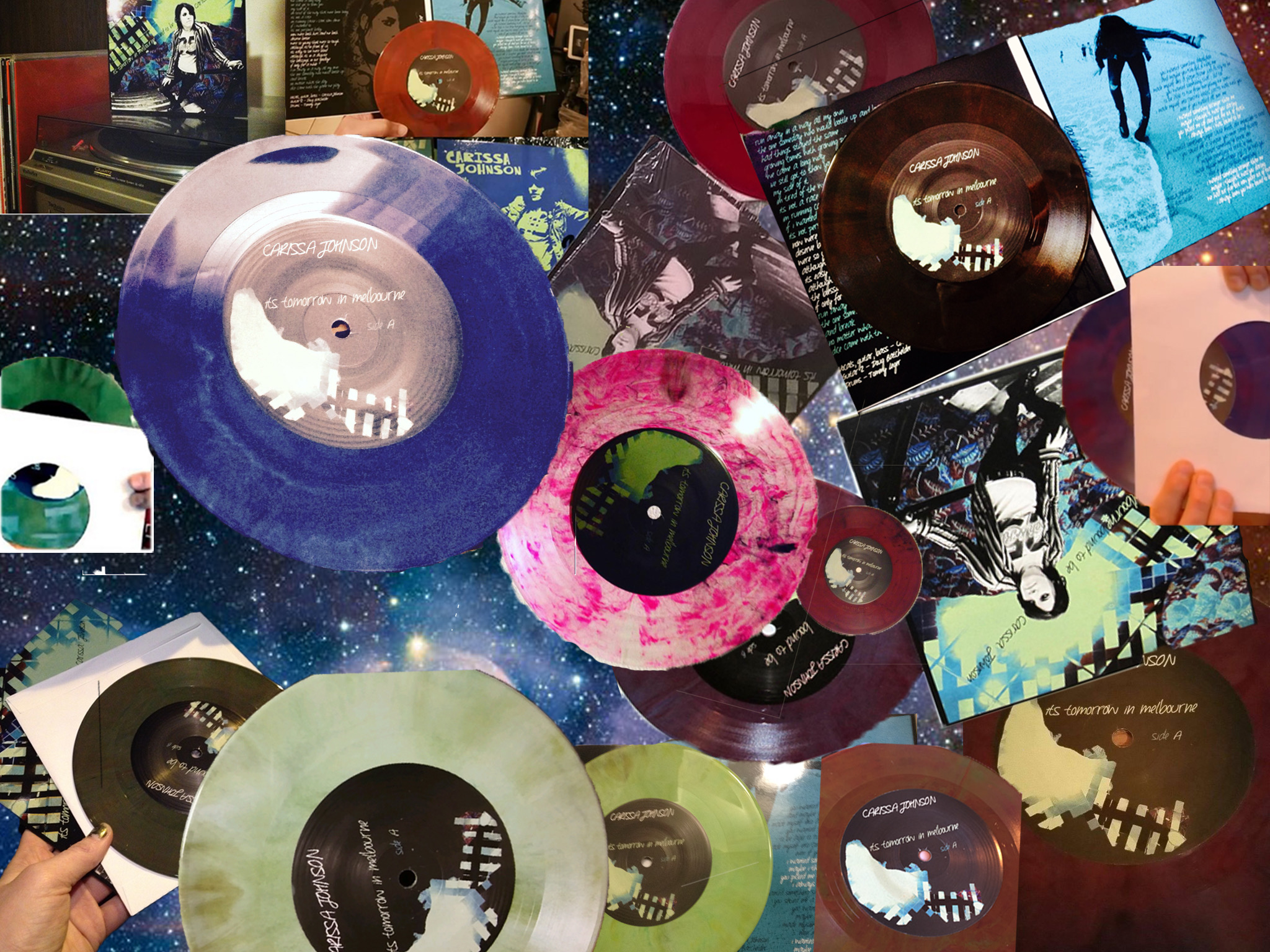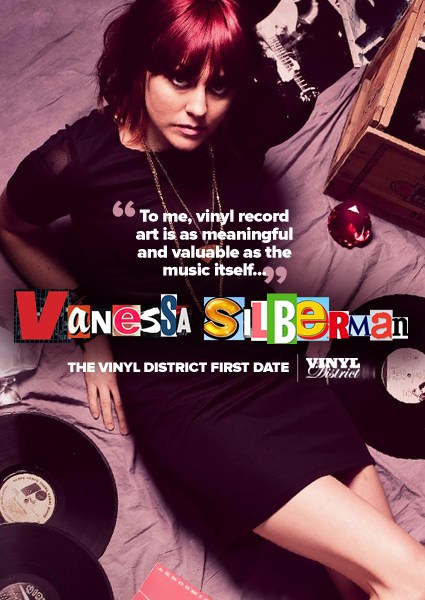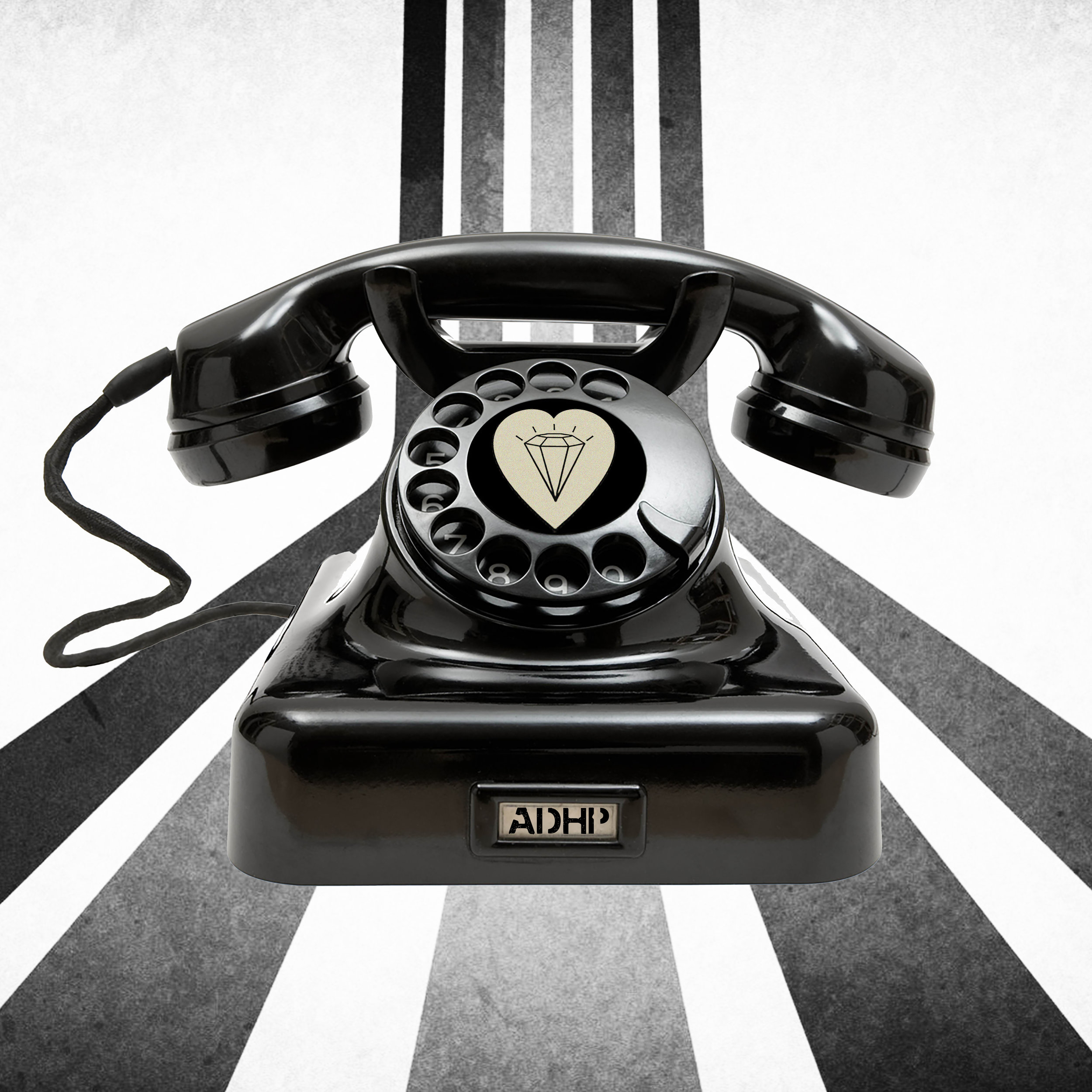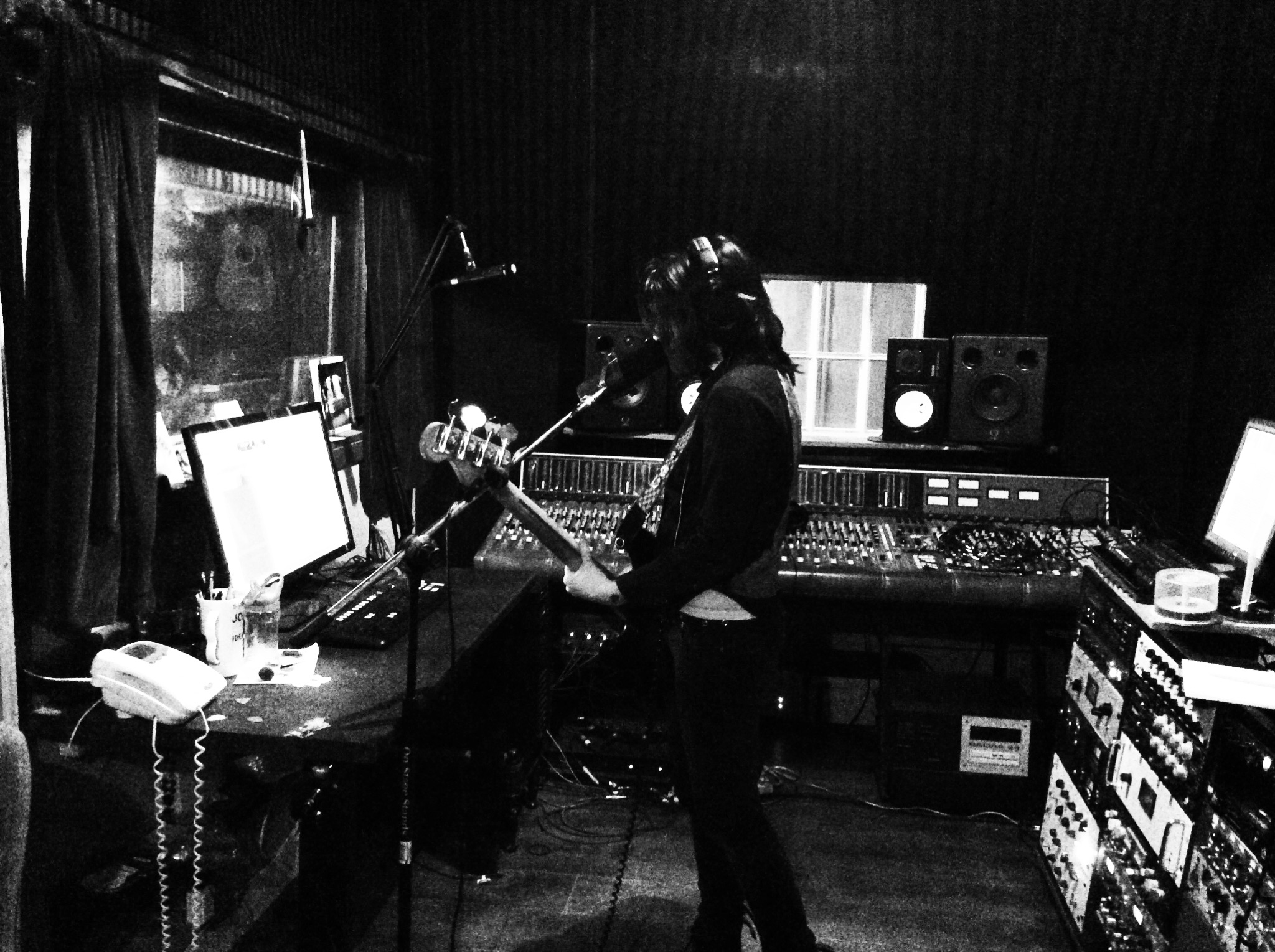If you look back and read some of our previous posts, we mention how it’s so important to determine your goal. While this is the first step, sometimes it’s difficult to figure out what the next step is, the one after that, and so on.
The path varies immensely from artist to artist, but it should always be one that is growing and expanding, rather than staying stagnant or falling behind.
After you’ve been writing, playing shows, releasing your music, touring a bit, building online and building a fanbase, it is also super important to stop at times to asses which goals you’ve met and the progress that’s been made. This will help you figure out the next step. Just because you made one main goal, doesn’t mean you can’t consistently make new ones! And doing so will only help you achieve more of them.
One of the most challenging things for artists or bands is to stop and see things from an outside perspective. To be able to observe yourself and your product constructively is a very valuable skill. This needs to be done in order to make changes and to asses what’s working and what’s not. It’s also important to asses that everyone (if in a band) is on the same page with goals - that way the band can move forward as a unit.
If you begin to realize certain songs aren’t going over with your crowds, you’re not seeing any growth online or you feel a lack in enthusiasm from your band mates, maybe it’s time to look at what needs to change for everyone to feel re-inspired again. Some bands change their look with each album cycle, some change genres even, and some just change their haircuts - either way it’s about establishing something new and fresh that keeps yourself and others interested.
Sometimes putting yourself in front of different crowds can re-inspire you or take your music to the next level. Try playing a venue that is out of your comfort zone, put together a new type of live show or relating more to your audience between songs. Utilize technology and go “live” on a social platform and get feedback on new songs. Take a look at social media numbers & seeing who and what fans are actually coming to shows, returning and engaging with you. Also, maybe asses whether or not you’re taking enough risks - send out some music to some industry folks (Management, booking agents, labels etc.) if that’s a direction you want to go in. Whatever it is - in order to keep growing and achieving your goals, you are going to need to push your comfort zone and challenge yourself!
Tips:
⁃Try writing a song about something entirely new, or on an instrument you’re not familiar with to get new sounds.
-Try writing one song a week if you really want to up your writing skills.
⁃Don’t stray away from taking a moment to look at things and assess where you’re at - it may be hard in the moment, but in the long run you’ll be glad you did.
⁃If you feel a lull or a feeling of boredom, it may be because it’s time for the next challenge and it’s time to change things up a bit. Don’t be afraid to experiment with new sounds or collaborate with other people. It could actually help push you along further than you’d imagine.
⁃Take polls - ask your audience their thoughts on their favorite songs or shows of yours, see what resonates and why they connect with what they do - then focus more on those aspects of your music and brand.
⁃Writing down your visions helps make them a reality.
⁃Reach out to some dream venues of yours or a favorite touring act that’s coming to town that you want to open for - pitch to the booker why you should open and see what happens.
⁃Make sure your online content is strong and engaging, and that you demonstrate a positive outlook and vibe with your posts, it will bring more positivity.














